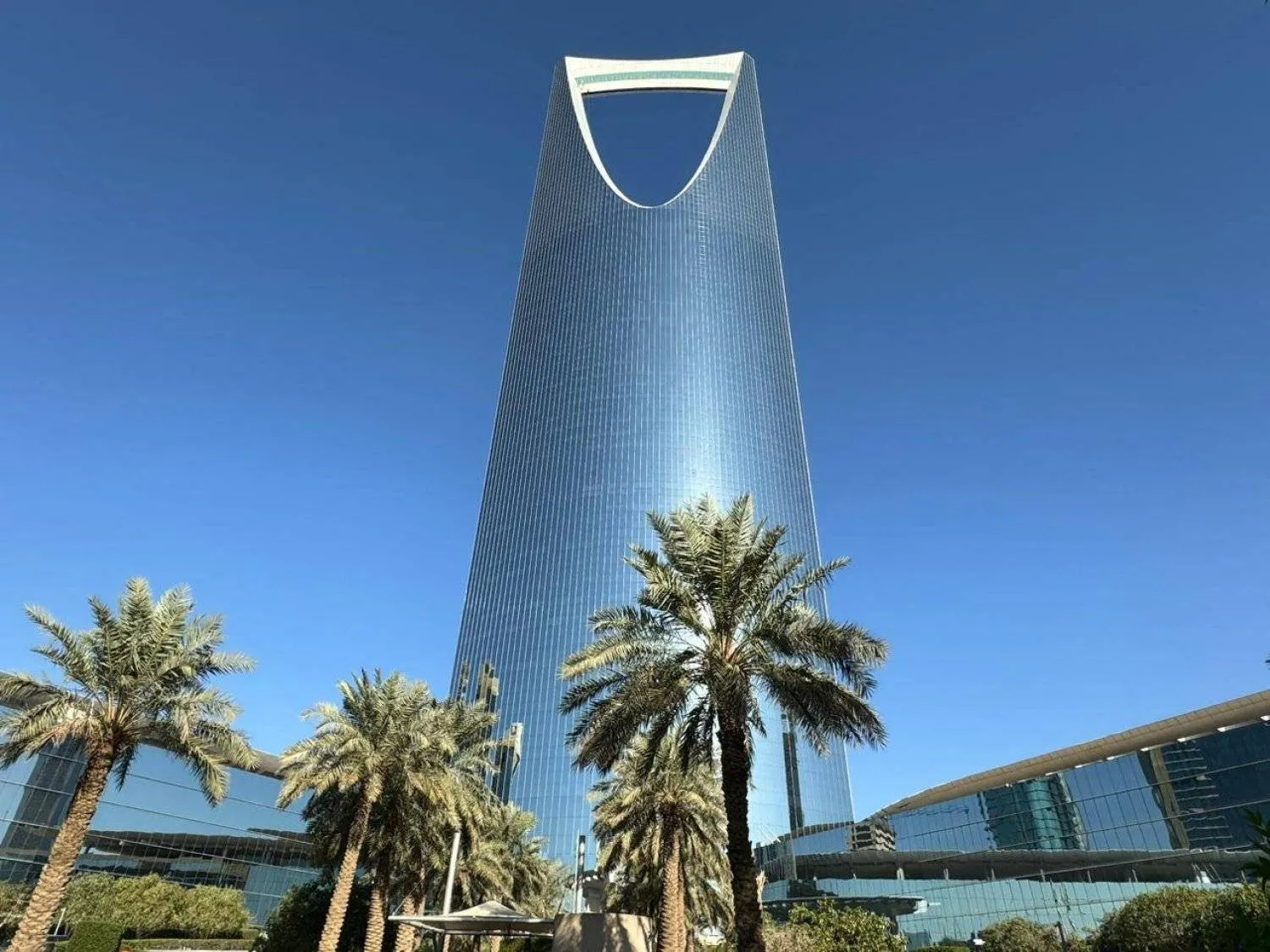The volume of capital spending according to Saudi Arabia’s actual budget for 2023 amounted to about SAR186.5 billion, an increase of 30% from 2022.
A statement by the Ministry of Finance revealed that the volume of capital spending in the 2023 budget was the highest in five years, that is, since 2018, as a result of a rise in spending over the previous budget estimates by about 19%.
Despite this increase, which came with the continuation of spending on major projects, the numbers were about 8% lower than the financial expectations issued in December.
The Saudi Ministry of Finance announced that the total actual expenditures in the 2023 budget amounted to SAR1.29 trillion, compared to total revenues worth SAR1.21 trillion, which means a deficit of SAR80 billion.
According to the ministry’s report for the fourth quarter of 2023, non-oil revenues amounted to SAR457.728 billion, compared to SAR410.891 billion in 2022, an increase of 11 percent. On the other hand, oil revenues amounted to SAR754.562 billion, a decline of 12 percent compared to 2022.
In its statement, the ministry said that expenditures in the fourth quarter amounted to SAR394.979 billion, compared to revenues worth SAR357.984 billion, which means a deficit of SAR36.9 billion.
In the fourth quarter, oil revenues grew by 28 percent compared to the same period in 2022, to SAR249.211 billion, while non-oil revenues declined by 12 percent to reach SAR108.773 billion.









